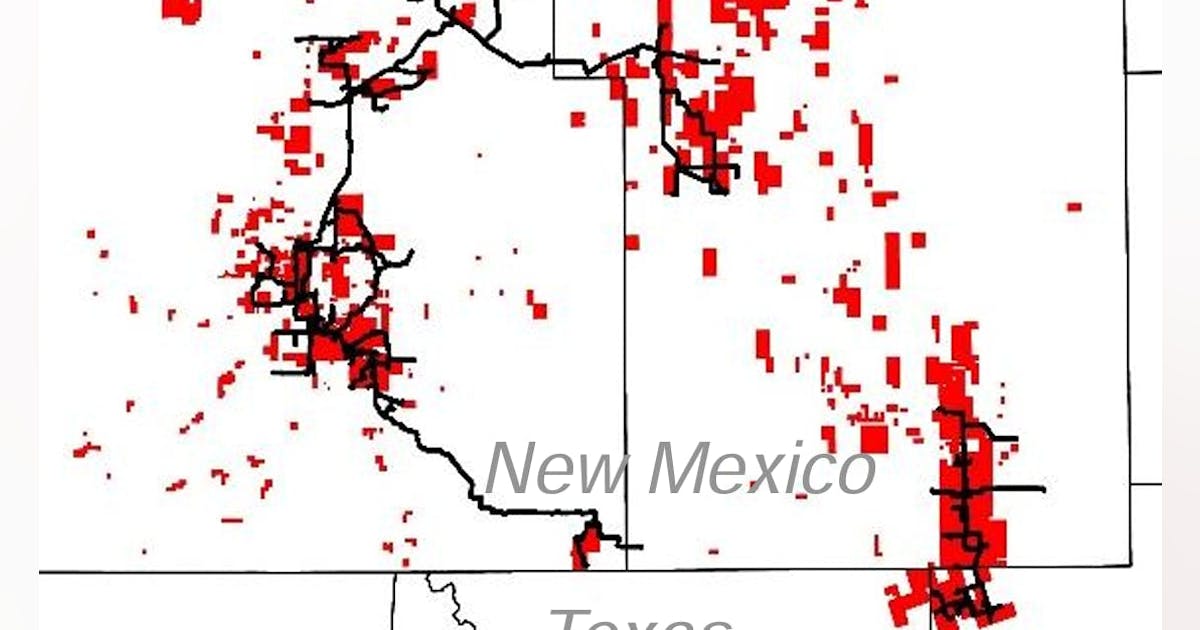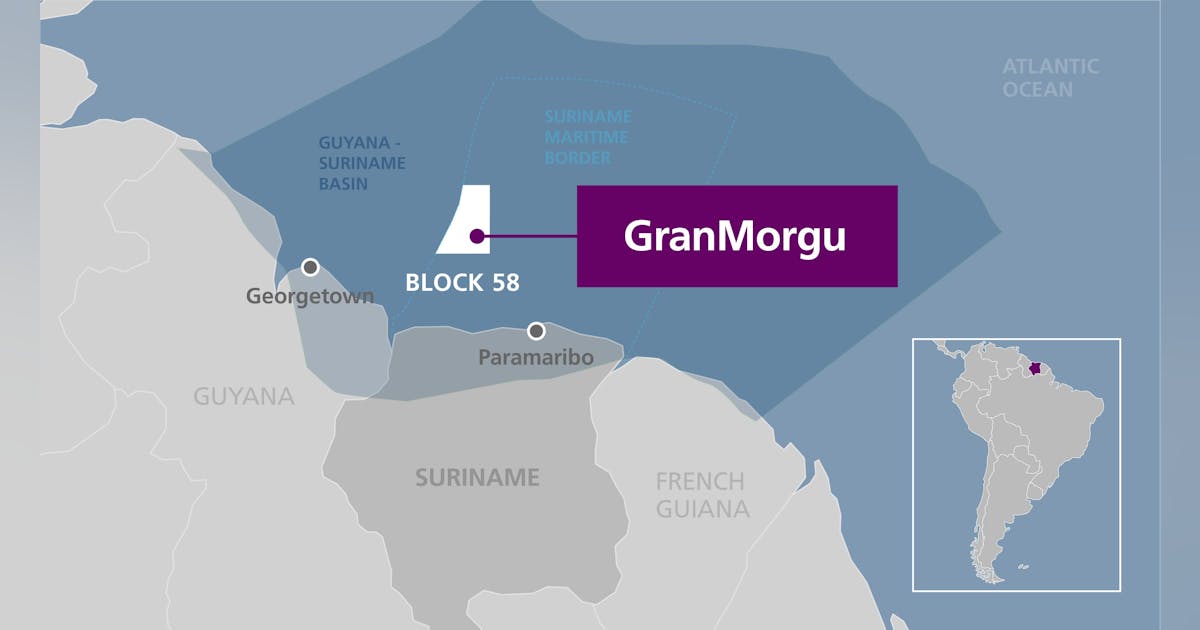
WASHINGTON— The U.S. Department of Energy (DOE) today issued an emergency order authorized by Section 202(c) of the Federal Power Act ensuring Americans maintain access to reliable, affordable and secure energy without interruption. PJM Interconnection (PJM) requested this order to allow for the dispatch and operation of Unit 4 of the Maryland-based Wagner Generating Station in exceedance of its operating limit. The emergency order permits PJM, in coordination with the Talen Energy Corporation, to run specified units at the Wagner Generating Station as PJM deems necessary to meet anticipated electricity demand.
“This order reduces the threat of power outages during peak demand conditions for millions of Americans,” said U.S. Secretary of Energy Chris Wright. “The Trump Administration remains committed to swiftly deploying all available tools and authorities to safeguard the reliability, affordability, and security of the nation’s energy system.”
The order is in effect from July 28 through October 26, 2025 and is the fifth emergency order authorized by Section 202(c) of the Federal Power Act Secretary Wright has signed since assuming office earlier this year.
Background:
On January 20, 2025, President Trump issued Executive Order (EO) 14156—Declaring a National Energy Emergency. This EO highlighted that our nation’s inadequate energy supply and infrastructure has threatened U.S. energy security and resulted in high energy prices for Americans. The President declared a national emergency to mitigate this threat to our nation’s economy, national security, and foreign policy.
The potential impacts of the national energy emergency were detailed in DOE’s Resource Adequacy Report: Evaluating the Reliability and Security of the U.S. Electric Grid. The report shows that, if current retirement schedules and incremental additions remain unchanged, most regions of the U.S. will face unacceptable reliability risks within five years and the nation’s electrical power grid will be unable to meet expected demand.
Section 202(c) of the Federal Power Act gives DOE the authority to support electricity companies during times of emergencies when they would otherwise not be permitted to supply Americans with reliable, consistent power by superseding normal regulatory requirements.
PJM has recently stated its system faces “growing resource adequacy concern” due to load growth, the retirement of dispatchable resources, and other factors.
In its February 2023 assessment, PJM also highlighted the increasing resource adequacy concerns and reliability risks in the coming years due to the potential timing mismatch between resource retirements, load growth and the pace of new generation entry.
###





















